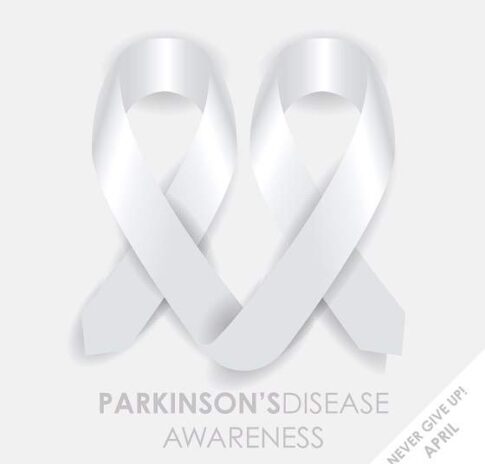April is Parkinson’s Awareness Month, and FirstLight® Home Care is honored to support the needs of those affected by Parkinson’s disease.
Parkinson’s disease is a progressive disorder of the nervous system that impacts more than 10 million people worldwide. The neurological disorder affects movement, and it typically develops gradually. For example, it may start with a barely noticeable tremor in just one hand.
In early stages of the disease, your face may show little or no expression, or your arms may not swing when you walk. Your speech may become soft or slurred. And, unfortunately, Parkinson’s disease symptoms worsen as your condition progresses over time.
Parkinson’s can’t be cured, but medical advancements have improved symptoms. Some signs and symptoms of the disease may include:
- Tremors. Tremors are the most recognizable sign of Parkinson’s disease. A tremor, or shaking, usually begins in a limb, often your hand or fingers when relaxed or at rest. Some people also may experience a back-and-forth rubbing of the thumb and forefinger, known as a pill-rolling tremor.
- Stiffness and slowed movement. Over time, Parkinson’s disease may reduce your ability to move. Slowness in your movement will make simple tasks, like getting out of a chair, difficult and time-consuming.
- Loss of smell. Trouble smelling foods like bananas, dill pickles or licorice can be an early sign of the disease.
- Trouble moving or walking. Stiffness or pain in your body, arms, and legs that do not go away as you move can be an early sign.
- Voice changes. The disease affects movement in different ways, including how you speak. Slurred speech is common in advanced stages of Parkinson’s. Less dramatic voice changes can occur in early stages of the disease. Enunciation may remain crystal clear, but what you might experience is unintentionally speaking more quietly. People in early stages of Parkinson’s often speak in low tones, a hoarse voice, or with little inflection.
- Impaired posture and balance. Your posture may become stooped, or you may have balance problems.
- Writing changes. It may become hard to write, and your writing may appear small.
Because Parkinson’s disease is progressive, and symptoms worsen over time, many people living with Parkinson’s seek long-term assistance to help manage day-to-day activities. FirstLight caregivers can help these individuals maintain independence and protect their quality of life by providing:
- Assistance with daily activities, such as bathing, hygiene and meal preparation
- Help with walking and mobility, as well as transfer and posture
- Medication reminders to continue the treatment regimens that are critical to managing physical symptoms of the disease
- Transportation to and from doctor’s appointment, social engagements, and other activities
- Household help, such as light housekeeping and laundry
- Companionship to help battle the anxiety and depression that often come with the disease
- Respite care to provide relief to family caregivers who are essential to the ongoing support of those living with the disease
Contact us today to learn more about our personal care and companion care services in your area, and to see how we can help.
For more articles and information like this, subscribe to our weekly Home Care News.
Sources: Mayo Clinic (www.maycoclinic.org), Parkinson’s Foundation (www.parkinson.org), and Healthline (www.healthline.com)
